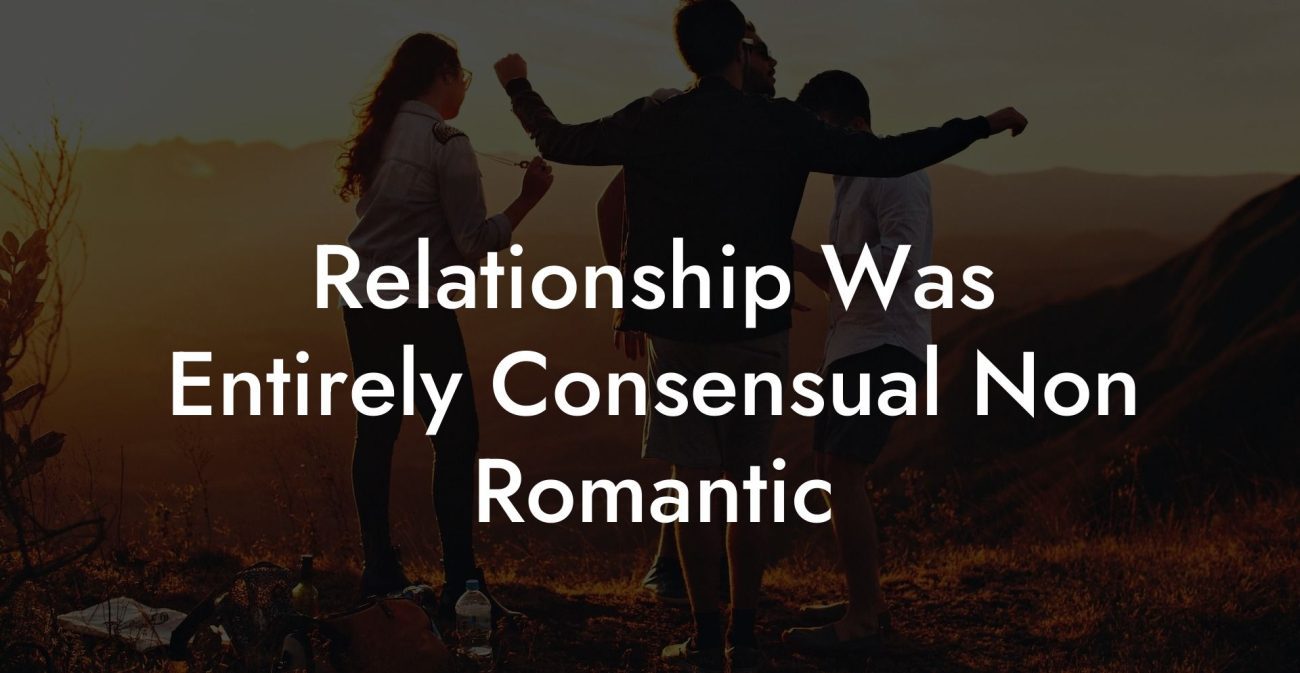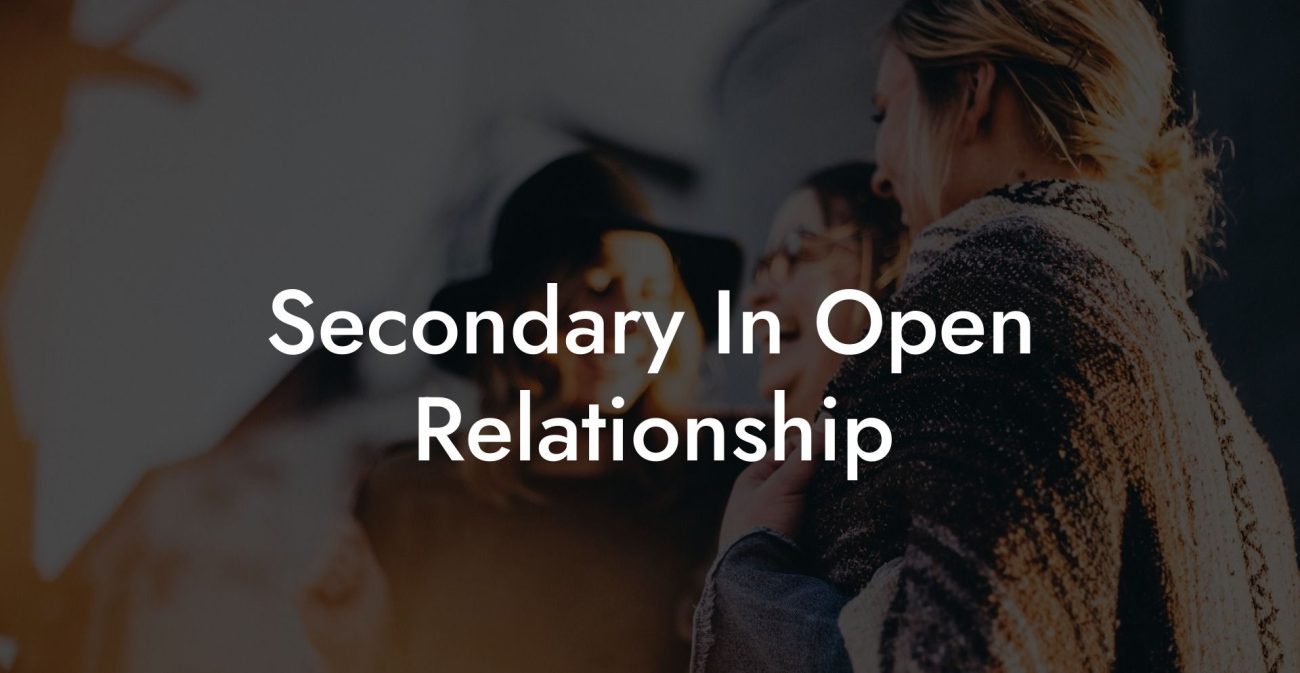Do you often find yourself pondering about different relationship styles and questioning ethical standards within them? You may have come across the terms "ethical non-monogamy" and "non-ethical." If you're curious about what "non-ethical" means and want to know more about it, you're in the right place.
What is Non-Ethical?
The term "non-ethical" refers to actions or behavior that doesn't follow a set of moral principles or conduct typically approved by society. In the context of relationships, "non-ethical" means engaging in non-monogamous activities that are secretive, dishonest, or lack consent from all involved parties.
Non-Ethical vs. Ethical Non-Monogamy
Ethical Non-Monogamy: Ethical non-monogamy is an umbrella term that encompasses various relationship styles in which people consciously choose to have multiple romantic and/or sexual relationships, with full knowledge and consent from all involved parties. Some examples include polyamory, open relationships, and swinging.
In ethical non-monogamous relationships:
- Communication is open and honest
- Consent is obtained from everyone involved
- Respect for boundaries is maintained
- Emotional and sexual needs are discussed openly
Non-Ethical: On the contrary, non-ethical relationships involve secrecy, dishonesty, and disregard for the feelings and consent of all involved parties. This often includes cheating, lying, and manipulation.
In non-ethical relationships:
- Communication is secretive and dishonest
- Consent is not obtained from everyone involved
- Respect for boundaries is disregarded
- Emotional and sexual needs are not discussed openly
Effects of Non-Ethical Behavior
Non-ethical behavior in relationships can have several negative effects, both for the individual engaging in the behavior and their partner(s):
- Disruption of trust and emotional connection
- Broken relationships and friendships
- An increased risk of contracting and transmitting sexually transmitted infections (STIs)
- Emotional trauma and mental health-related issues
- Reinforcing stigmas and misconceptions about non-monogamous relationships
Non Example:
Alice and Bob have been in a monogamous relationship for a few years. Recently, Bob has grown attracted to Carol and decided to secretly pursue a romantic and sexual relationship with her. Although Alice brings up her concerns over Bob's increased absences and emotional distance, Bob brushes it off and continues to deceive her.
Simultaneously, Carol is unaware of Bob's relationship with Alice. In this scenario, Bob's actions are considered non-ethical because he's not being open or honest with either Alice or Carol, and his behavior has betrayed the trust of his relationships.
Now that non-ethical behavior in relationships has been demystified, we hope you have a more comprehensive understanding of the differences between ethical non-monogamy and non-ethical practices. You don't have to be monogamous to enjoy a healthy, consensual, and ethical relationship. By promoting open communication, trust, and respect, you're well on your way to having deeper and more fulfilling connections.
If you found this guide helpful, don't forget to share it and explore other guides on The Monogamy Experiment to further your knowledge and understanding of diverse relationship styles.













